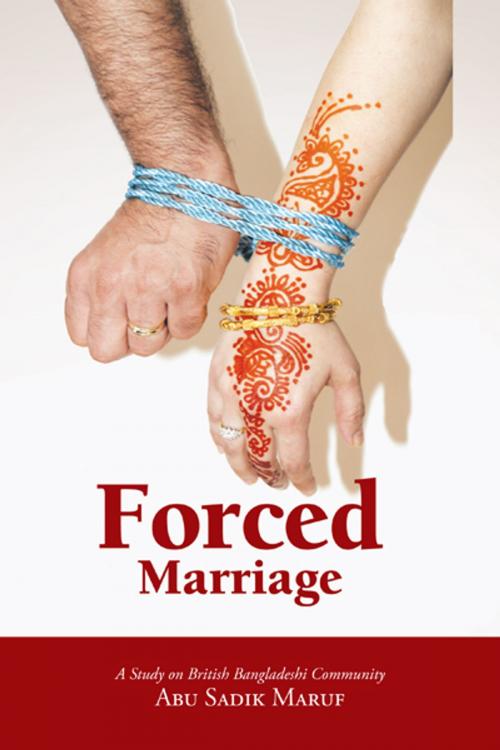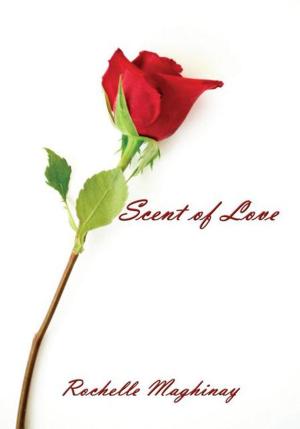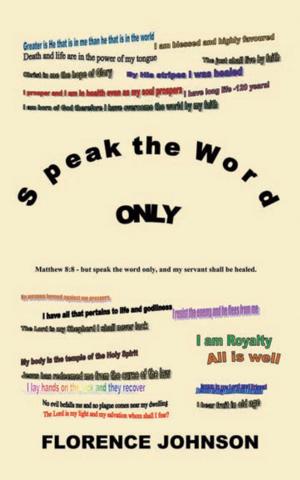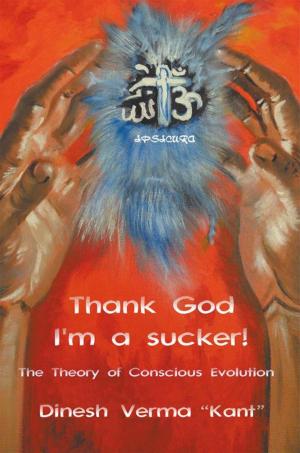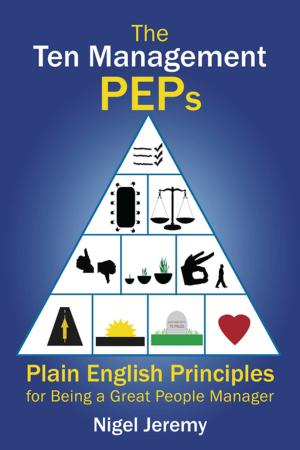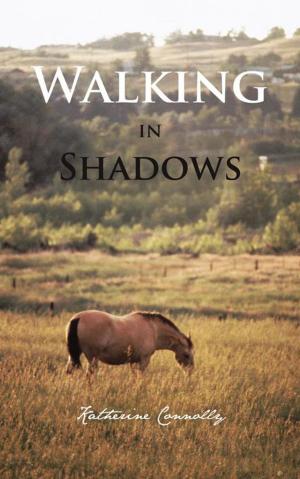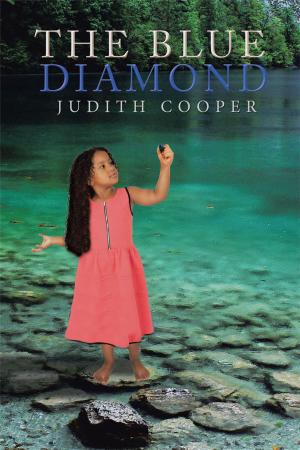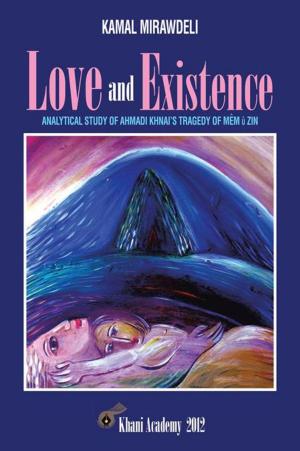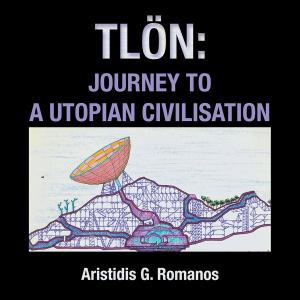Forced Marriage
A Study on British Bangladeshi Community
Nonfiction, Family & Relationships, Relationships, Marriage| Author: | Abu Sadik Maruf | ISBN: | 9781467889261 |
| Publisher: | AuthorHouse UK | Publication: | April 25, 2012 |
| Imprint: | AuthorHouse UK | Language: | English |
| Author: | Abu Sadik Maruf |
| ISBN: | 9781467889261 |
| Publisher: | AuthorHouse UK |
| Publication: | April 25, 2012 |
| Imprint: | AuthorHouse UK |
| Language: | English |
Forced marriage is a serious abuse of human rights that involves physical torture and/or emotional blackmail by family. It is not merely an issue in the UK. It is an international issue comes along with other problems such as domestic violence, inequality and poverty. It can affect particular population globally and locally. In the UK, hundreds of people, particularly girls and young women are forced into marriage each year. Studies found that victims can be as young as 9 years old to older as 35 and over.
South Asian communities are the largest ethnic minority group in the UK. In addition, there have historically been very articulate and powerful South Asian feminist groups that have challenged gender related issues within these communities, including forced marriage, honour related violence and dowry related violence (Caroll, 1998; Gangoli et al., 2006). As a result, there has been much focus on Pakistani, Bangladeshi and Indian communities and therefore a wider recognition of the issue of forced marriage. However, it is also important to recognise here that a wide range of other minority ethnic, religious as well as majority communities are also involved, including African, Middle Eastern, Latin American and Eastern Europeans (Chantler, Gangoli & Hester, 2009).
This study addresses the international and cross-cultural dimensions of a social problem. It mainly focused on British Bangladeshi community to know the circumstances of forced marriage in general and then evaluated the existing social work services in the UK. The main interest of the study was in the statements of particular groups of people including their personal views, perceptions and experiences on forced marriage.
Forced marriage is a serious abuse of human rights that involves physical torture and/or emotional blackmail by family. It is not merely an issue in the UK. It is an international issue comes along with other problems such as domestic violence, inequality and poverty. It can affect particular population globally and locally. In the UK, hundreds of people, particularly girls and young women are forced into marriage each year. Studies found that victims can be as young as 9 years old to older as 35 and over.
South Asian communities are the largest ethnic minority group in the UK. In addition, there have historically been very articulate and powerful South Asian feminist groups that have challenged gender related issues within these communities, including forced marriage, honour related violence and dowry related violence (Caroll, 1998; Gangoli et al., 2006). As a result, there has been much focus on Pakistani, Bangladeshi and Indian communities and therefore a wider recognition of the issue of forced marriage. However, it is also important to recognise here that a wide range of other minority ethnic, religious as well as majority communities are also involved, including African, Middle Eastern, Latin American and Eastern Europeans (Chantler, Gangoli & Hester, 2009).
This study addresses the international and cross-cultural dimensions of a social problem. It mainly focused on British Bangladeshi community to know the circumstances of forced marriage in general and then evaluated the existing social work services in the UK. The main interest of the study was in the statements of particular groups of people including their personal views, perceptions and experiences on forced marriage.
